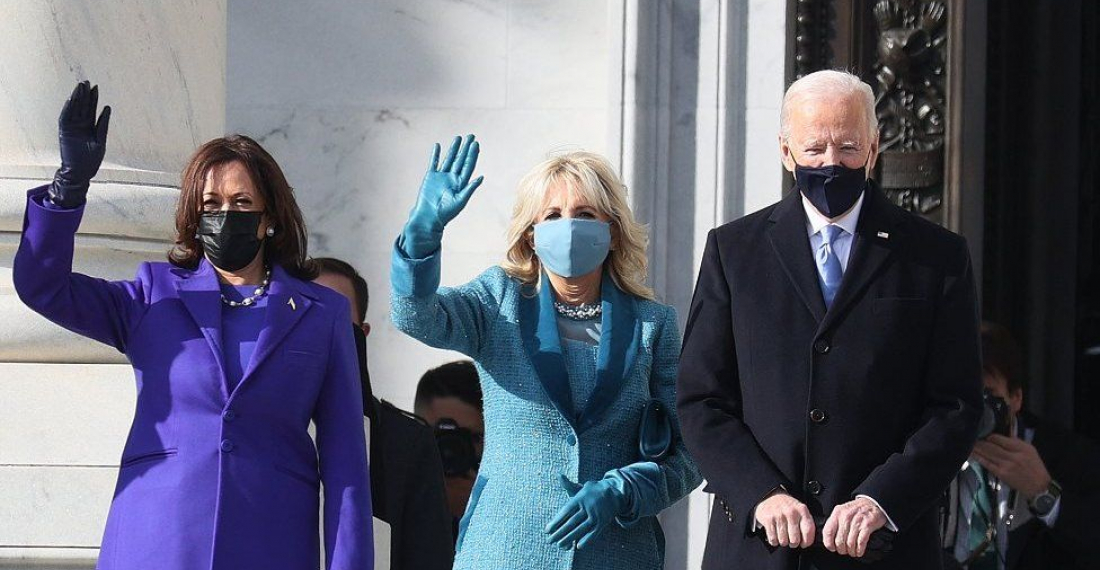In a ceremony full of symbolism, Joe Biden was sworn in as the 46th president of the United States. Amid the tightest security arrangements ever seen in Washington DC, and despite the restrictions because of the pandemic the traditional ceremony of swearing in of the new American leader was full of symbolism and marked a break with the tempestuous period that Donald Trump was president - seen by many as a time of turbulance, division and turmoil.
In his inaugural speech Biden emphasised unity. Unity he said, is the path forward.
Biden was sworn in after vowing to uphold and defend the Constitution of the United States. His oath of office was administered by Supreme Court Justice John Roberts.
Kamala Harris was sworn in as the first female vice-president in US history. She was sworn into office by Supreme Court Justice Sonia Sotomayor, who made history in 2009 as the first Latina on the top court.
source: commonspace.eu







